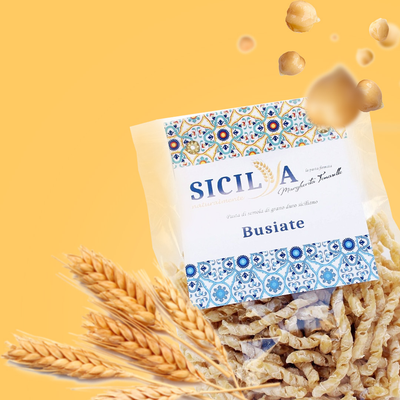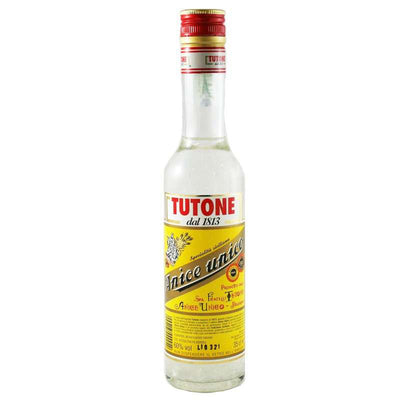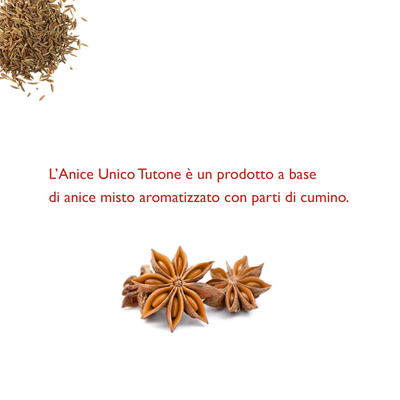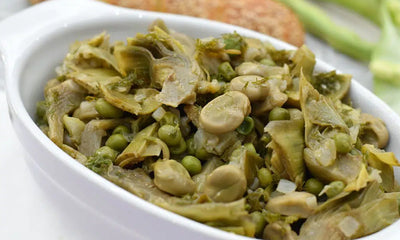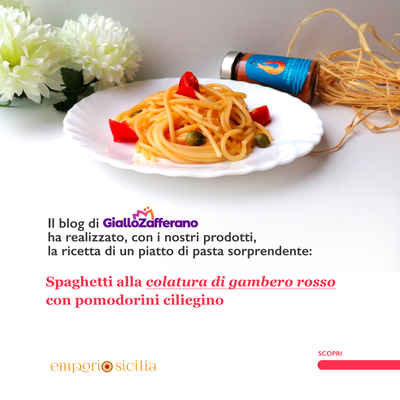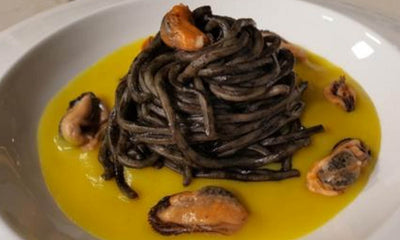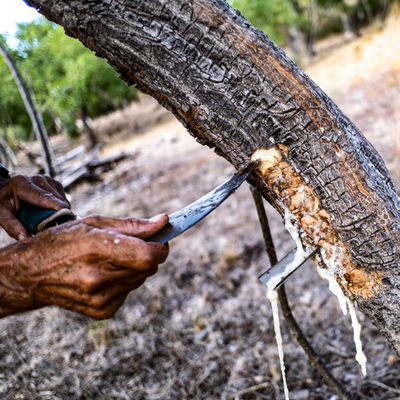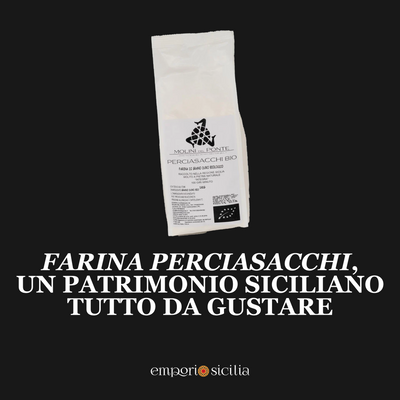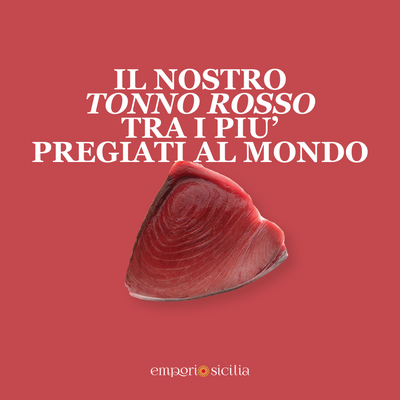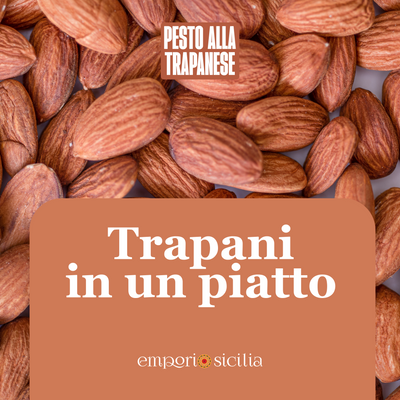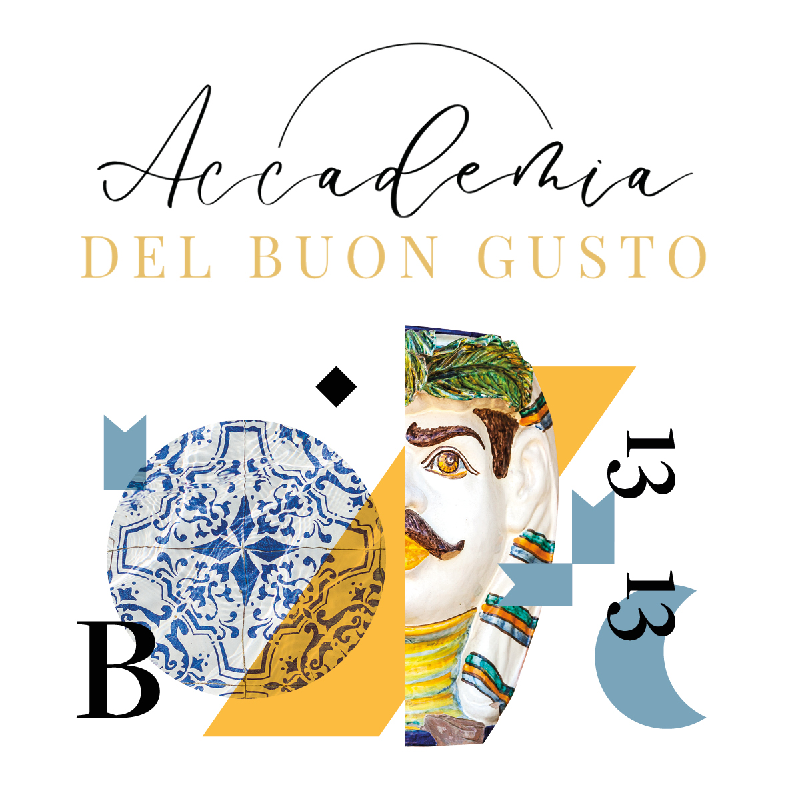The puppet theater known as Opera dei Pupi was born in Sicily at the beginning of the 19th century and has been a great success among the working classes since the beginning.
The places where the stories were traditionally presented were the city markets and the most important squares during the holidays. The stories told, whose dialogues are almost always improvised by the puppeteers, are based above all on medieval chivalric literature, on Italian Renaissance poems, on the lives of saints and on the tales of bandits.
The main Sicilian puppet schools are those of Palermo and Catania, often run at a family level and whose puppets are built and painted using traditional methods. As with other peculiarities that characterize the island, even for Sicilian puppets there are differences between the two areas, that of Palermo and that of Catania.
While in Palermo the Sicilian puppets are small in size and the performances follow the stories rigidly, in the Catania area the puppets are larger in size and the stories told are subject to the interpretation of the puppeteer.
In the past, performances have greatly influenced the public and provided the opportunity for social demands. The economic boom of the 1950s, which offered better paid job opportunities, after a period of tarnishment, in recent years it has been tourism that has contributed to the rediscovery of this theatrical tradition, originally intended for a local audience. Since 2008 the Puppet Opera has been registered among the UNESCO Oral and Intangible Heritage of Humanity; first Italian to be included in the list.





